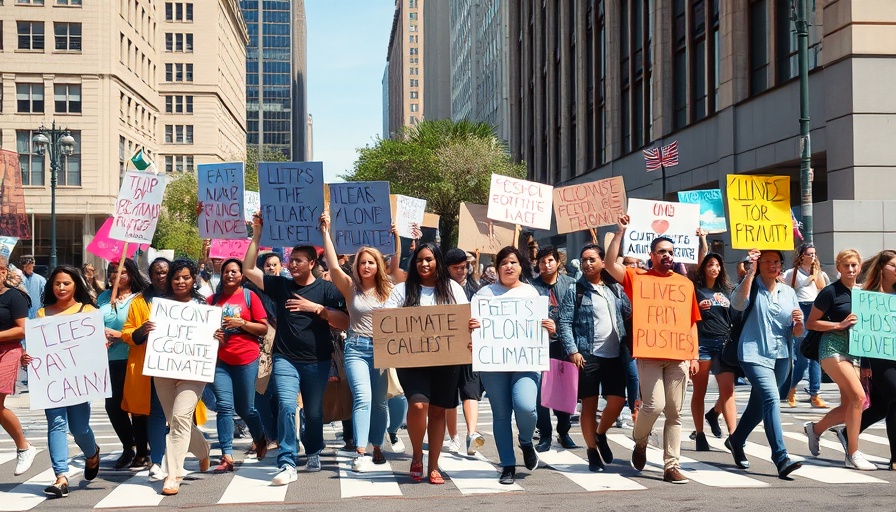
Rising Hopes for a Global Plastics Treaty
The next round of negotiations for a global plastics treaty is set to take place from August 5 to 14 in Geneva, Switzerland. This meeting follows what was meant to be the final session in December 2024 in Busan, South Korea, where countries could not agree on the treaty parameters.
Despite the setback, many observers believe that this upcoming session (known as INC 5.2) presents a significant opportunity for progress. Ana Rocha, director of global plastics policy at the Global Alliance for Incinerator Alternatives (GAIA), noted that member states, particularly those from the Global South, have taken a firm stance toward reducing plastic production. In Busan, over 100 countries backed a declaration focused on capping the production of primary plastic polymers, which are derived from fossil fuels. This momentum suggests a potential shift in global priorities for addressing plastic pollution.
The Stakes Behind the Negotiations
The key issues hindering the previous discussions included the scope of plastic production caps and financing mechanisms for lower-income nations to adapt and implement the treaty. As global citizen concerns about climate change and plastic pollution rise, so does the pressure on policymakers to find effective solutions. In fact, the European Union has recently implemented new waste regulations, aiming to reduce overall trash through binding reuse targets, demonstrating a commitment to tackle these pressing issues.
Moving Forward Amidst Challenges
However, the upcoming talks also face significant challenges. Geopolitical tensions have complicated international collaboration, and lobbying from fossil fuel and plastic industries might influence negotiations. It’s crucial for member states to recognize that addressing plastic pollution must include ambitious measures to protect environmental health and foster sustainability.
As observers prepare for INC 5.2, it’s evident that the world’s environment depends on significant strides being made in Geneva. Rocha emphasizes that maintaining pressure against fossil fuel interests is essential to ensure the development of a robust treaty.
What Comes Next?
Moving forward, it is imperative for governments to remain united and committed to ambitious outcomes. The calls for ethical consumerism and corporate responsibility resonate strongly among eco-friendly communities. As we watch this next round of negotiations unfold, there is hope that a comprehensive and effective framework will ultimately emerge, emphasizing sustainable practices, reducing waste, and limiting plastic pollution.
 Add Row
Add Row  Add
Add 



Write A Comment